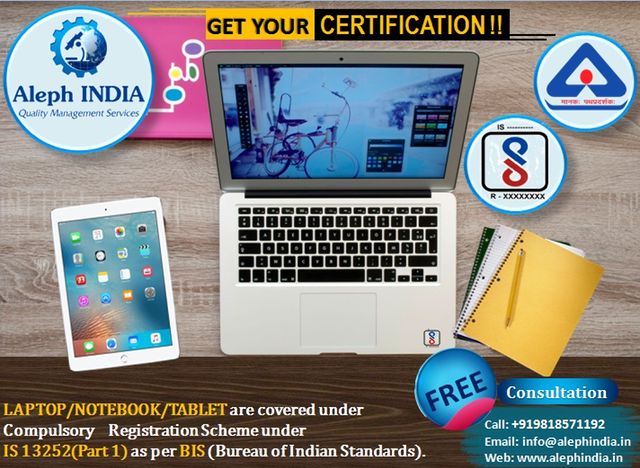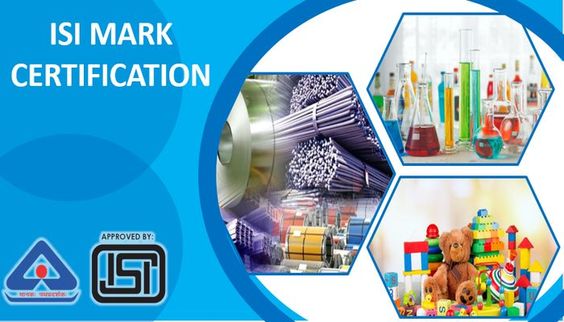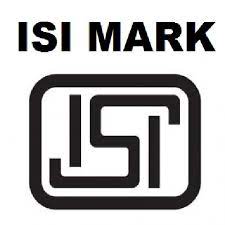Different BIS certification scheme : A complete guide
term BIS Certification Scheme refers to one of the largest schemes in the world allowing the licensees to use the well known Indian Standards institute or ISI mark on their products. Furthermore, the usage of the ISI mark is associated with high-quality products. Moreover, the Eco Mark Scheme, Foreign Manufacturers Certification Scheme, and Simplified Procedure for Domestic Manufacturers are also included in the term known as different BIS certification schemes. In India, the term BIS Registration or Indian BIS refers to the mode of providing third-party assurance regarding the reliability, safety, and quality of products to the customers.
Till the time a product does not fall under the list of mandatory products, it shall be considered to state that obtaining BIS Certification for that specific product is completely optional and voluntary.
Moreover, the phrase “list of mandatory products” deals with those products that are very important for public health.
The main objective of BIS certification :
- It provides quality assurance of the product.
- It gives safeguards to the health of the general public.
- It helps in protecting citizens from hazardous products.
- It boosts confidence among the General Public.
- It ensures timely implementation of corrective action.
- It provides early detection of defects.
- It promotes better management, control, and reporting.
- It confirms consistent quality.
The following activities are covered under BIS Registration :
1. Determining Standards :
To determine standards for 14 different sectors is one of the main functions of BIS or Bureau of Indian Standard.
- Chemical
- Food and Agriculture
- Electrical Engineering
- Mechanical Engineering
2. Certification Scheme :
Although getting registration under the Product Certification Scheme is purely optional. Furthermore, for the sake of public health and safety measures, the government has made BIS Registration mandatory for some items, such as
- Milk Products
- LPG Cylinders
- Water
3. Establishment of Laboratories :
Setting up laboratories for testing products is another important activity of BIS. Some of them are as follows:
- Chemical
- Food
- Electrical
- Mechanical
4. Scheme of Hallmarking :
A mark that assures the quality of the gold products is known as “Hallmarking”. This is also used to boost the interest of consumers and protect their faith.
5. Consumer Protection :
To promote consumer welfare and to provide quick redressal of public concerns, BIS has established a separate department that completely deals with consumer welfare and the public.
Different BIS Certification Schemes concept :
The BIS Certification Scheme refers to the world’s largest scheme that includes more than 900 items or products and holds over 26500 licenses. However, the manufacturers get permission under this scheme to use ISI or Indian Standards Institute marks on their respective products. As a result, ISI Mark provides the consumer’s assurance that a particular product is created or manufactured and has the best quality.
BIS License under FMCS (Foreign Manufacturers Certification Scheme) allows the manufacturers or producers located overseas to use BIS Standard Mark. Currently, over 350 certificates to about 50 Indian Standards in 40 different countries are granted by the Bureau of Indian Standards.
Types of Different BIS Certification Schemes :
1. Normal procedure for domestic manufacturers scheme :
- The applicant needs to submit an application for certification under this particular scheme along with the required documents and specified fee.
- Then, the BIS Officers will conduct a preliminary inspection of the place where the goods or products are manufactured.
- After that, the gathered samples will be sent to the authorized laboratories.
- If the products pass all of the requirements, the official in charge will issue a BIS Registration certificate.
- Finally, starting from the date you put in an application, this process will take around six months.
2. Simplified procedure for domestic manufacturers scheme :
- The simplified procedure is one of the hassle-free and easiest ways to take BIS Certification in India.
- The applicant must provide the reports of his/her sample product received from a BIS authorized lab under this method, together with the application for BIS Registration.
- After the previous step the designated BIS Officer will verify the reports and if he/she is satisfied, then will conduct a further inspection of the place to confirm that all the protocols and directions are duly followed.
- The designated BIS Officer will issue the Indian BIS certification of registration if he/she is satisfied.
- Starting from the date of submission of application within 30 days.
3. Eco Mark Scheme :
- When the certificate of quality is given to the environmentally-friendly products then it is known as the “Eco Mark Scheme”.
- The manufacturer or the producer must excel and pass every prescribed test and should also obey the standards for obtaining registration under this scheme.
- It is important to note the process for obtaining the Eco Mark Scheme is similar to the process prescribed for the Domestic Manufacturer Scheme.
4. Foreign manufacturer certification scheme :
- BIS for the foreign manufacturer can be obtained under this scheme.
- The manufacturer/producer or the applicant who is located outside of India can use the BIS standard mark on his/her goods under this scheme.
- Under the BIS Certification Scheme, a period of 6 months is required.
Therefore, the above-mentioned guide is all about different BIS certification schemes.




Comments
Post a Comment